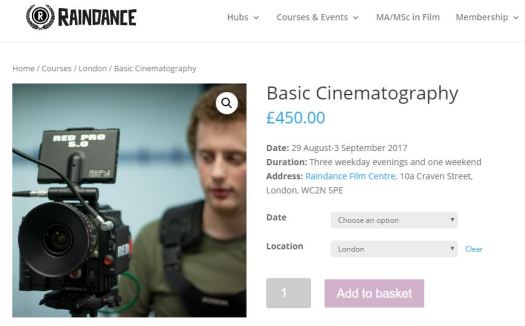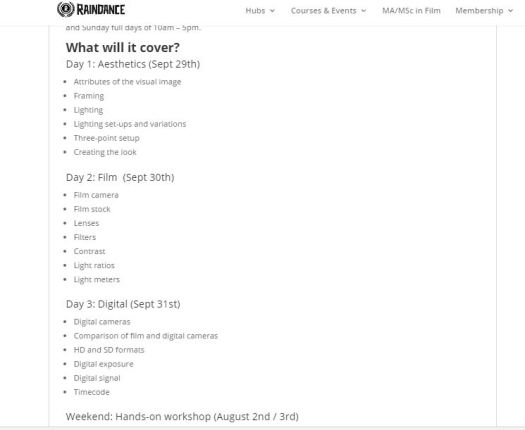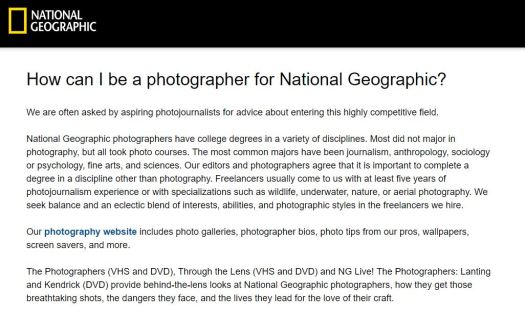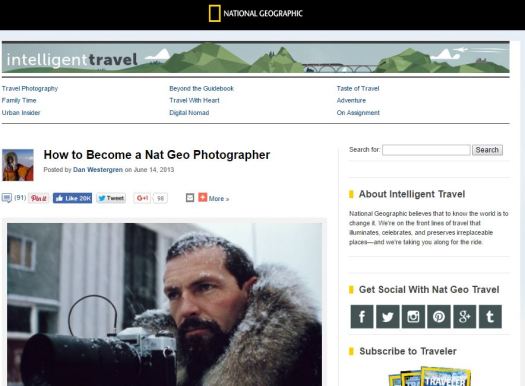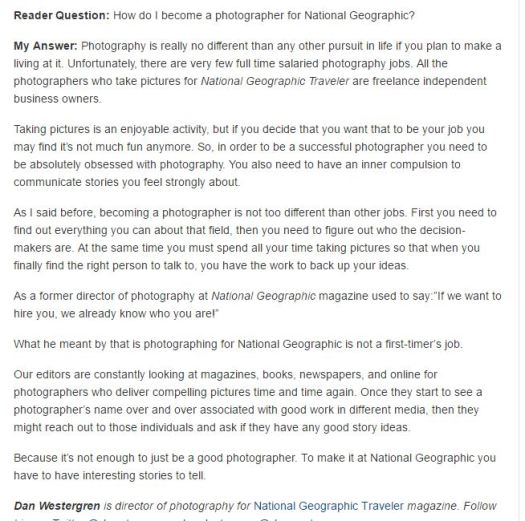The Cinematographer
“Your job is to utilize all the tools available to create with light and the smart exploitation of camera position and movement to further the script’s story and ensure the director’s vision. You are a “recorder of movements” which is the Greek basis of “cinematographer” (from kinema “movements” and graphein “to record”).”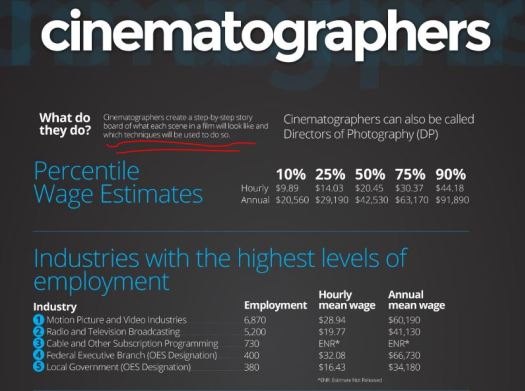
When researching for skills required to become a cinematographer, I found multiple sources,
https://nationalcareersservice.direct.gov.uk/job-profiles/director-of-photography
https://www.ucas.com/ucas/after-gcses/find-career-ideas/explore-jobs/job-profile/cinematographer
http://www.theartcareerproject.com/become-cinematographer/
http://entertainment.howstuffworks.com/cinematographer2.htm
all of them giving almost identical information on what a cinematographer does and what skills are required, which is nicely summarised below :-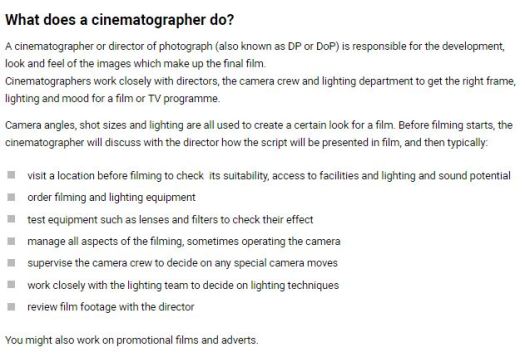 vc
vc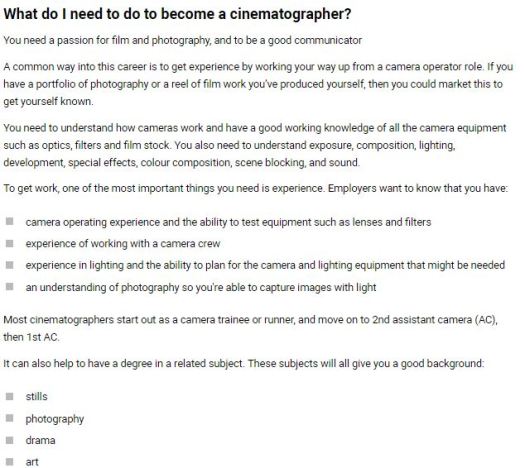
Knowledge and ability to setup and operate a range of camera equipment such as lenses, filters, and film stock, and knowledge and experience in lighting and filming techniques such as cameras on dollies, hand-held cameras, the Steadicam, and blue screen are the technical skills required to work in industry. Ability to communicate and collaborate with others and having a good eye for photography are also skills which are very important in this field.
As cinematographer John Schwartzmann phrases it in the book “100 Careers in Film and Television,” “The most important skill that you need to be successful in the film business is to be able to play well with others.”

